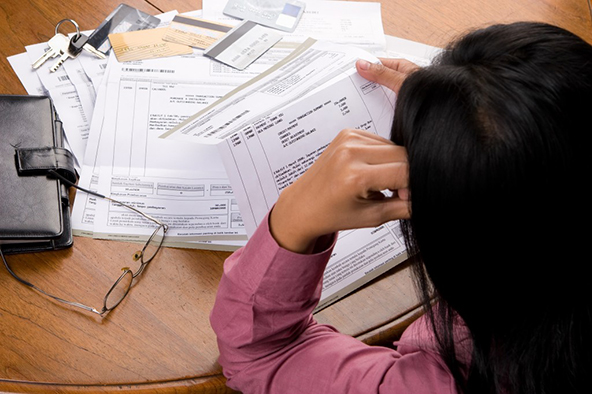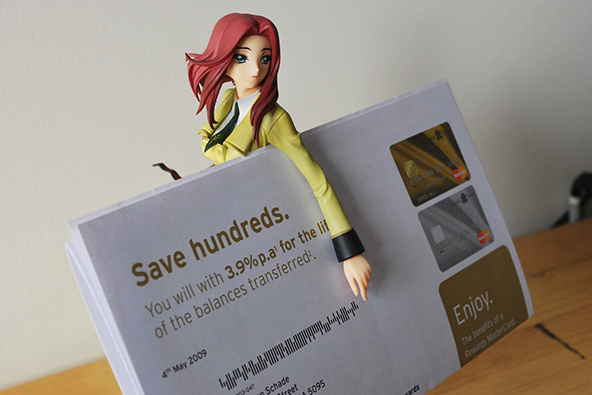Everything You Need to Know about Credit Card Convenience Fees

Payment card industry rules prohibit merchants from charging consumers a fee for making a payment with a bank card. Compliance with this requirement ensures that both the cards and their users are not discriminated against at the checkout. However, there are loopholes, some of which are easier to define than others. For example, merchants can offer discounts to customers using other (non-card) payment methods (e.g. cash), which is straightforward enough.
But then we have an allowance made for a “convenience fee,” which is not nearly as clear-cut. It does constitute a clear surcharge to payments made with bank cards and yet, industry rules permit it. Why? Well, credit card companies and associations don’t have much of a choice. Let me explain.
What Is a Convenience Fee?
Industry rules state that merchants that offer an “alternate” payment channel (mail, telephone and e-commerce have been given as examples of such channels) are allowed to add a convenience fee to the transaction amount. If that definition sounds nebulous to you, that is because it is nebulous. Still, let’s see if we can decipher it.
If we are to make any sense of the convenience fee, we should begin by asking who, in practice, is charging it. Think about it for a moment. The most prominent examples are the federal and local governments (charging it for things like taxes and parking tickets) and huge utility companies (adding it to your gas or electricity bill, if you want to pay by credit card). In fact, I can’t really think of any other examples, although I’m sure there must be.
What does that tell us? I don’t think it would be a stretch to infer that the convenience fee has been more or less imposed on the Visas and MasterCards of the world. I mean, could they really have told the federal government that it was not allowed to add a convenience fee to a tax payment made by a credit card? After all, by law the Internal Revenue Service is required to collect the full amount of any tax owed, which precludes the deduction from it of a processing fee. Utilities, on the other hand, are monopolies, so they can (and many still do) opt to only accept non-card payment forms, if the card companies insist on collecting a piece of the payment amount. They own their customers who cannot go anywhere else.
Convenience Fee Rules
So faced with the inevitable, the card companies have chosen to make the best out of an unwinnable situation and have allowed convenience fees to be charged under certain circumstances. These rules state that convenience fees must be:
- Charged for a bona fide convenience in the form of an alternative payment channel outside of the merchant’s customary payment channels.
- Disclosed to the customer as a charge for using the alternative payment channel.
- Disclosed before the transaction is completed and the customer is given the opportunity to cancel it.
- Added only to a card-not-present transaction.
- A flat or fixed amount, regardless of the transaction amount. A percentage-based fee may only be charged for consumer tax payments.
- Included as a part of the total transaction amount.
- Applicable to all forms of payment accepted in the alternative payment channel.
Visa and MasterCard attempted to dissuade utilities from charging a convenience fee by introducing a special merchant category code (MCC) that offered preferential interchange rates (it’s funny that there isn’t a special MCC for the government). Only utilities that agreed to not charge convenience fees could qualify for this special treatment. I don’t know how many have signed up for the program, but anecdotal evidence suggests that it has not been hugely successful.
The Takeaway
If the distinction between a convenience fee and a surcharge that runs against the rules is still fuzzy to you, well, all I can say is that it seems to have been meant that way. The bottom line is that it would be close to impossible for ordinary businesses to legitimately charge such a fee. But more importantly, would you want to do it, even if you could? I can think of few things that could be more annoying to an e-commerce shopper than an unexpected fee that pops up at the last moment when she’s ready to check out. There must be a reason why only monopolies and the government would want to do it, right?
Image credit: Fri.si.


